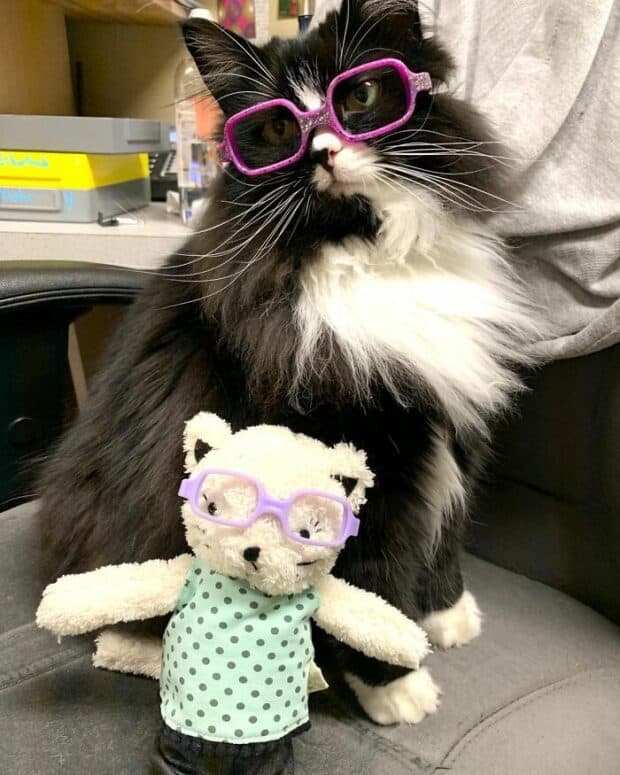Sometimes events need changing because they are just down-right boring. But how can an event with dogs get any better?
“The Paws 4 Stress program offers Algonquin College students and employees an opportunity to take a break from their busy days and unwind with some furry friends, which can reduce stress and have lasting effects on people’s emotional well-being. The AC Hub works with volunteer organizations that certify these therapy animals and enjoy sharing these pets with others,” according to the college’s Paws 4 Stress event description.
Support dogs provide emotional support and comfort, which helps people deal with their stress and challenges, according to the American Kennel Club. However, support dogs are still pets, not just service dogs, and that goes for other support animals that are domesticated.
They must be considered an emotional support animal (ESA). These can be cats, mice, rabbits, birds, hedgehogs, rats, mini-pigs, ferrets and more, according to UMass Chan Medical School. The ESA needs to stay calm in public, too, which can be hard because you don’t have to register an ESA for certification in Canada. All you need is an ESA letter issued by a licensed mental health professional, according to the TheraPetic organization.
Cat and dog lovers have always debated which is better. That’s a silly argument. Like dogs, cats provide purpose and meaning to people. People with illness or disability find comfort and emotional support through them, said the non-government organization MSAR.
Therapy cats are different from ESAs because they’re trained to help an individual’s treatment process.
So, does this mean therapy cats are just as effective as therapy dogs?
Well, dogs are generally more sociable and less worried about territory than cats. And in Canada, there are far more dog teams than feline.
Cats can form powerful social bonds, too. An Australian study found out that cat owners were more happy than non-pet owners. The benefits probably apply in therapy. It’s mostly about developing a relationship over time, which is different than dogs, according to UC Davis Veterinary Medicine.

Rabbits and guinea pigs are also common animals for therapy. Rabbits generally bond quickly and are social creatures. Rabbits are also quiet and do not require lots of space, which is great for Algonquin’s event. Rabbits give the same social benefits as cats and dogs do. They help increase self-esteem, nurturing skills and increased empathy, according to AmeriDisability.
Guinea pigs are like the animals already talked about. They are very empathetic and show their affection when they’re comfortable with their owner and surroundings. They also have personalities, which is great for therapy. However, guinea pigs are scared easily, especially in public.
The Ottawa Humane Society is an example of a program that has animal visits. Volunteers take these animals to facilities to help the people there. These visits are more for retirement homes or rehab places, but I’m sure Algonquin can get more people involved with Paws 4 Stress that have other animals to bring for simple therapy.
The main issue with this argument is that it’s going to be difficult to find volunteers that have these trained animals. They must be ready for public space and stay friendly. The animals I talked about can do that, but it’s uncommon.
I love that dogs are the main animal, but I’m sure there are trained cats, rabbits and even guinea pigs in Ottawa. I feel this could bring life to Paws 4 Stress. What does everyone else think?


